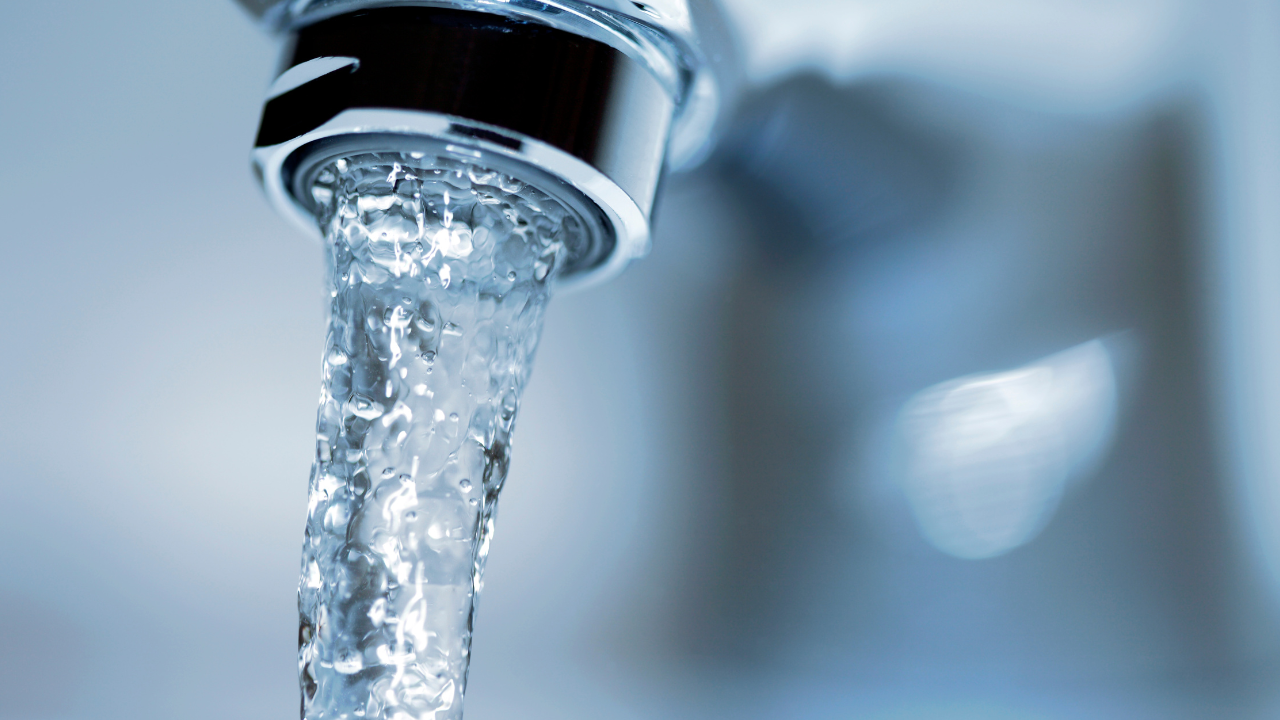MANILA, Philippines — Water districts nationwide may consider running a refilling station in their coverage areas not only to improve the quality of water for drinking but also to lower the price of treated water.
Environment Undersecretary Carlos Primo David said consumers may even save money by refilling their 5-gallon containers in these water district-owned hubs.
Estimated savings were not provided. Currently, a customer pays about P25 to P30 to refill containers with purified water.
According to David, if water refilling stations nationwide are regulated, consumers are assured of safe water for consumption since it will be handled by personnel with technical know-how.
“Better quality is guaranteed because the equipment is maintained by competent experts and … because they’re [water districts] in the business of water, with the skill, it (the price of purified water) will be lower,” he added.
READ: DENR ordered to give 40 million Filipinos access to formal water supply
The DENR also said the quality of water from refilling stations may deteriorate over time because they were unregulated.
Refilling stations unregulated
David said he was uncertain whether they have the staff to ensure the purified water from their tanks meets the highest standards.
“When I went to the water refilling station, no engineer was there. A staff is employed to clean and fill the container. He or she is not aware if reverse osmosis technology integrated into the system is still working or if the filter is replaced. In other words, they’re unregulated,” he added.
At present, the Local Water Utilities Administration (LWUA), a government-owned and -controlled corporation, oversees the development of water supply systems in cities and municipalities outside Metro Manila.
READ: Arsenic and other threats to our water quality
The LWUA was established through Presidential Decree No. 198, also known as The Provincial Water Utilities Act of 1973, which was enacted in 1973.
Water districts, on the other hand, are created by law to supply water to customers in the countryside. In some instances, they partner with entities to improve water and wastewater services.
They are also mandated to provide, maintain, and operate wastewater collection, treatment, and disposal facilities as well as undertake other projects incidental to water resource development. INQ


